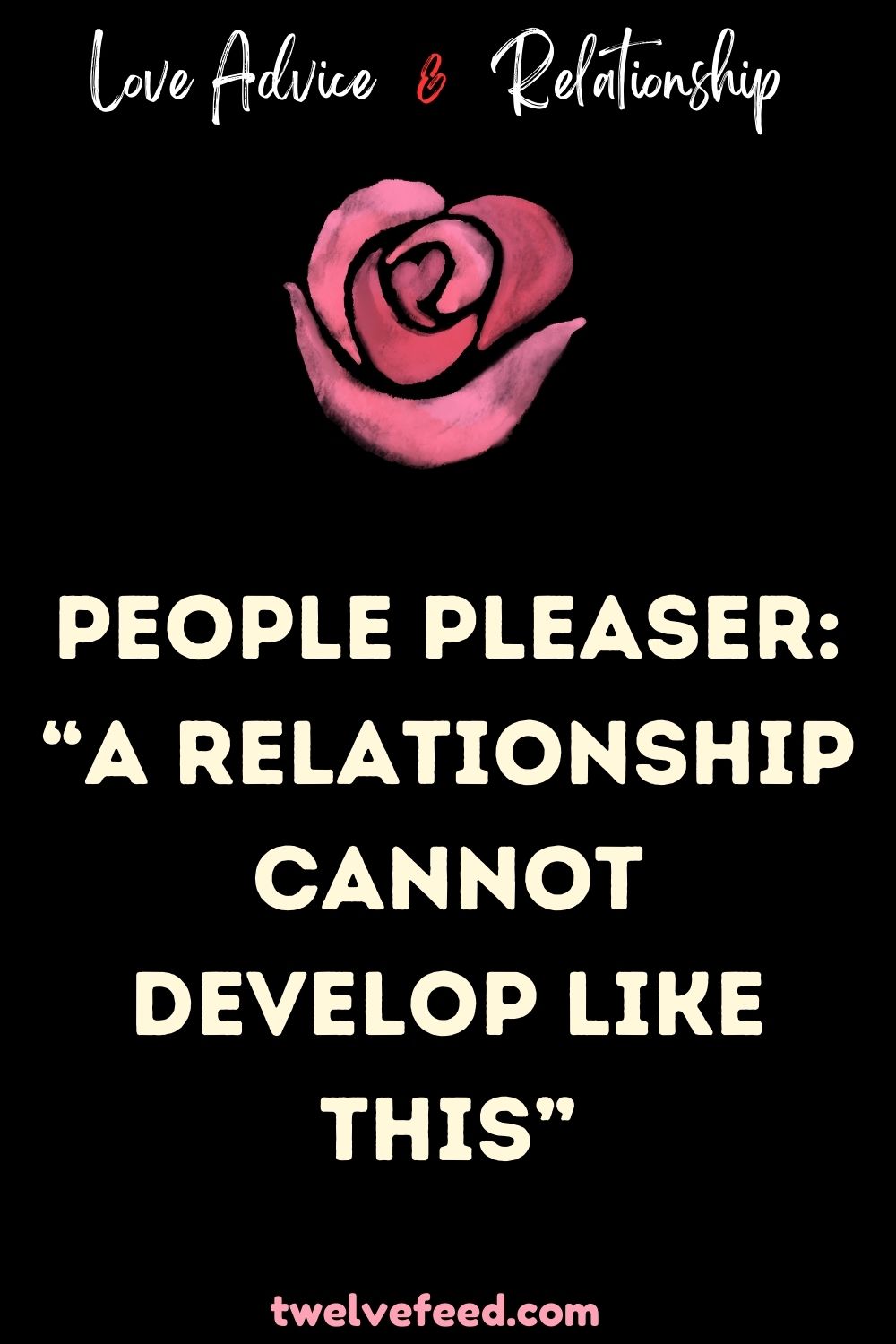
Introduction
In the intricate dance of human relationships, a personality type exists known as the people pleaser. This individual is characterized by a relentless desire to keep others happy, often at the expense of their well-being. However, beneath the surface of agreeableness lies a deeper issue that can profoundly impact the development and sustainability of relationships.
Characteristics of a People Pleaser
Difficulty Saying No
People pleasers find asserting their own needs and desires challenging, fearing rejection or conflict. Consequently, they often agree to requests or obligations that they would prefer to decline, leading to feelings of resentment or overwhelm.
Prioritizing Others’ Needs Over Their Own
Putting the needs of others above their own becomes a habitual pattern for people pleasers. They may neglect their self-care or sacrifice their goals and aspirations in the pursuit of external validation.
Fear of Conflict
Avoiding conflict is a hallmark trait of the people pleaser. They go to great lengths to maintain harmony in relationships, even if it means suppressing their true feelings or opinions.
The Impact on Relationships
Lack of Authenticity
The inability to express their authentic selves leaves people pleasers feeling disconnected from their partners. Authenticity forms the foundation of meaningful relationships, and without it, intimacy and trust suffer.
Resentment and Burnout
Constantly prioritizing others’ needs without regard for them leads to feelings of resentment and burnout. Over time, the emotional toll of suppressing their true selves erodes the foundation of the relationship.
Inability to Set Boundaries
People pleasers struggle to establish and maintain healthy boundaries, resulting in blurred lines and a sense of intrusion in their personal lives. Without clear boundaries, relationships become suffocating and unsustainable.
Communication Challenges
Difficulty Expressing Personal Opinions
Voicing personal opinions or preferences becomes a daunting task for people-pleasers, as they fear rejection or disapproval. Consequently, open and honest communication becomes stifled, hindering the growth of the relationship.
Fear of Disappointing Others
The fear of disappointing others drives people pleasers to prioritize external validation over their happiness. This fear-based mindset stifles individuality and prevents the relationship from flourishing authentically.
Passive-Aggressive Behavior
Unable to express their needs directly, people pleasers may resort to passive-aggressive behavior as a means of communication. This indirect approach further exacerbates tensions and undermines the foundation of trust within the relationship.
Strategies for Overcoming People Pleasing
Self-Awareness and Reflection
Developing self-awareness is the first step towards overcoming people-pleasing tendencies. By reflecting on their behavior and motivations, individuals can gain insight into the underlying causes of their need for approval.
Learning to Say No
Learning to set boundaries and assertively communicate one’s needs is crucial for breaking free from the cycle of people-pleasing. Saying no respectfully and confidently empowers individuals to prioritize their well-being.
Setting Boundaries
Establishing clear boundaries is essential for fostering healthy and balanced relationships. Communicating boundaries effectively allows individuals to protect their emotional and physical space while fostering mutual respect and understanding.
Building Healthy Relationships
Authenticity and Honesty
Authenticity forms the cornerstone of healthy relationships. Embracing vulnerability and honesty allows individuals to cultivate deep connections built on trust and mutual respect.
Mutual Respect and Understanding
Respecting each other’s autonomy and individuality is vital for nurturing healthy relationships. Recognizing and honoring each other’s needs fosters a sense of equality and partnership.
Balancing Needs and Wants
Finding a balance between meeting the needs of others and honoring one’s desires is essential for maintaining harmony in relationships. Prioritizing self-care and personal fulfillment ensures that individuals can show up authentically in their relationships.

